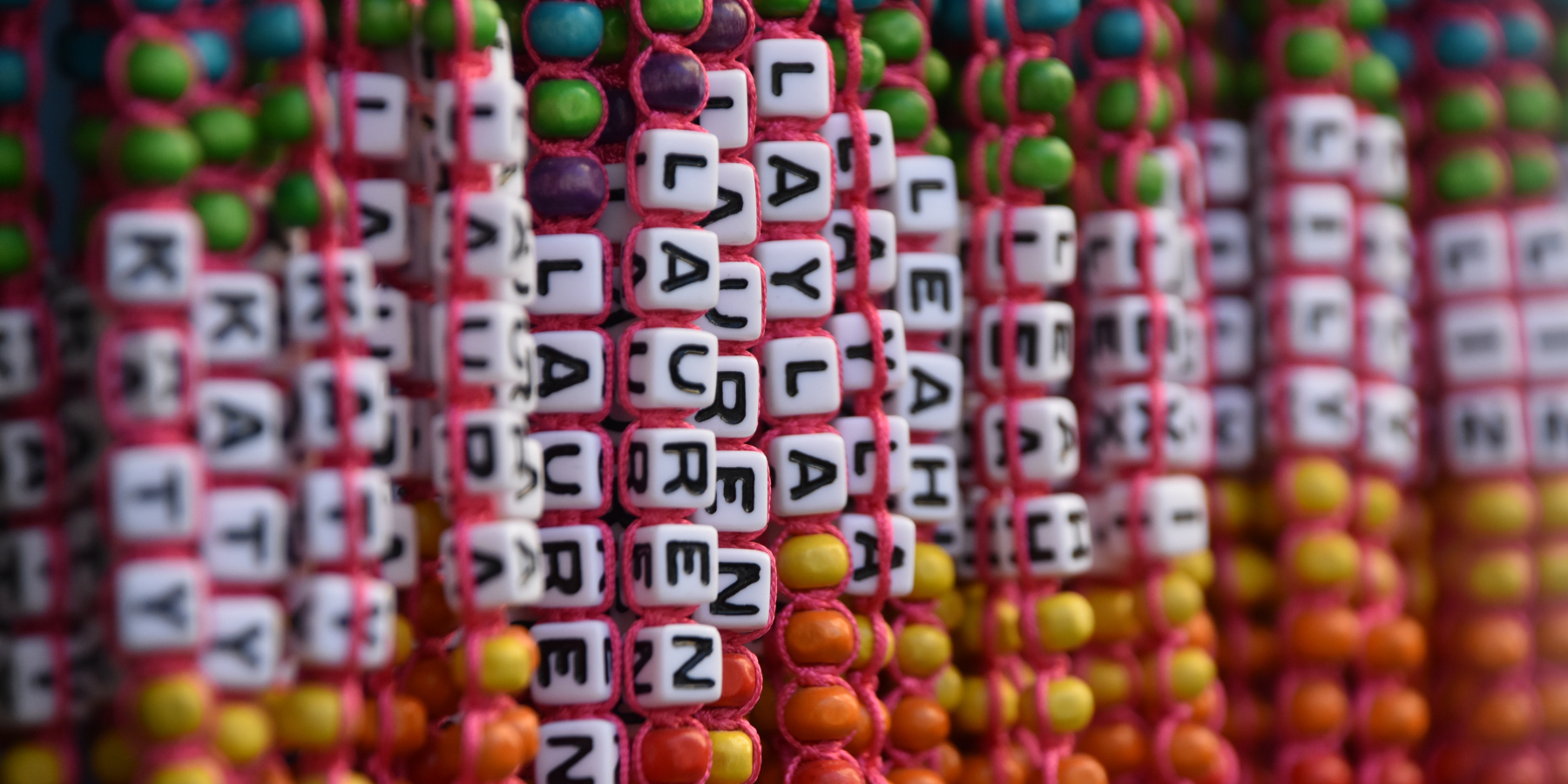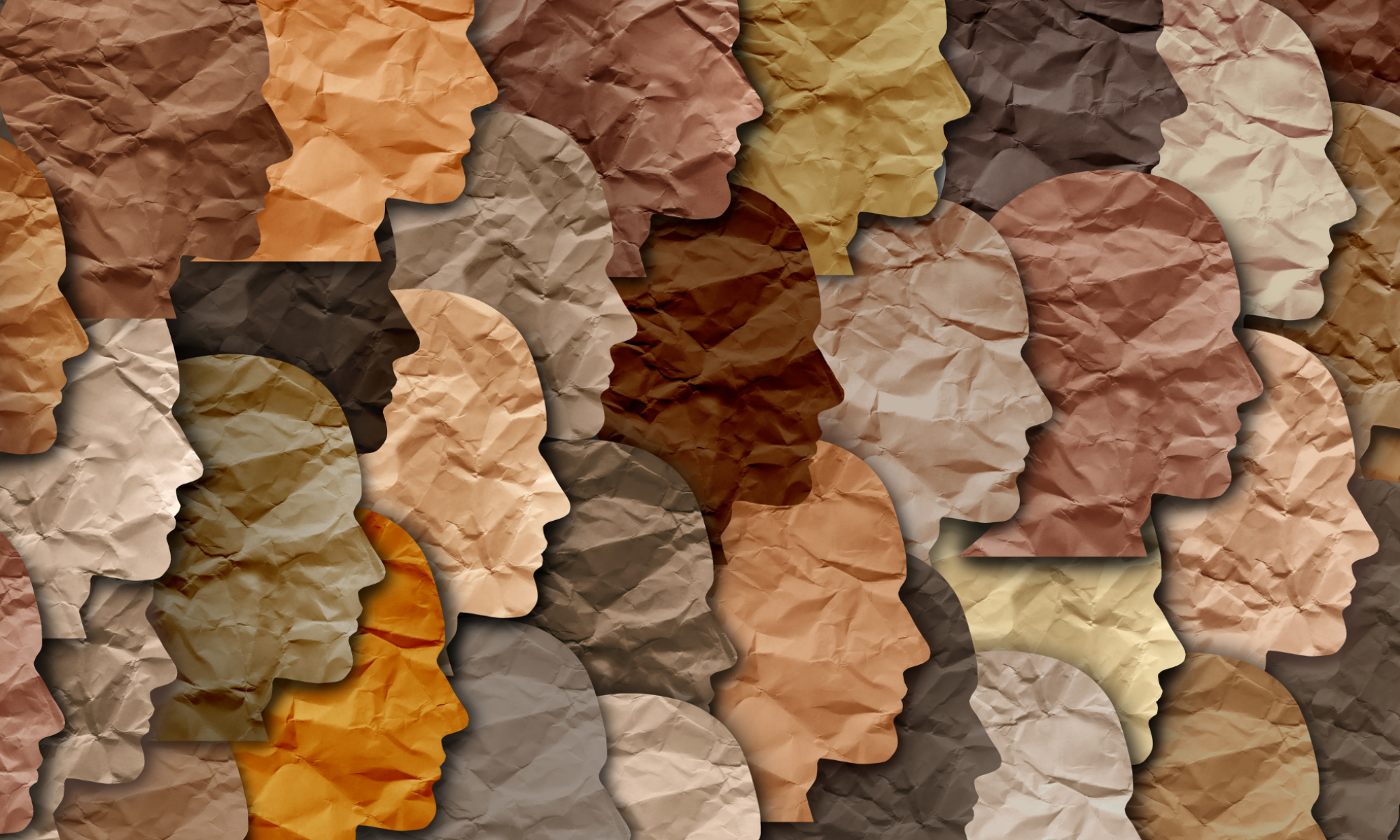By Abdulrahman Bindamnan
When I was an undergraduate student at the University of Miami, I had a Professor who took attendance at the beginning of each class. He would stumble when pronouncing my name. His first attempt was a failure that I didn’t recognize my name. In his second attempt, he apologized in advance, which made me feel uncomfortable as I didn’t want to be identified with a hard-to-pronounce name. In his third attempt, he decided to abbreviate my name, calling me with the diminutive form of my first name—“Abdu.” Although I didn’t object to the product, I questioned the process—he felt entitled to shorten my name, without asking for my permission.
Prompted by this experience, I scheduled an appointment with a Psychologist who specializes in helping newly arrived immigrants with adjustment issues. In my first visit, he called me “AB”—an even worse variant than “Abdu.” What is more, the way he pronounced “AB” sounded close to the animal “Ape,” which made me quiver with revulsion! My first visit was the last because he was part of the problem I was seeking to address.
In both cases, I didn’t stand my ground because I was a novice in the English language and the American culture. I was giving people the benefit of the doubt. Although native speakers of English refuse to learn how to pronounce my name, they insist that I pronounce English words correctly. Whenever I stumble saying a word, they voluntarily correct my pronunciation. If native speakers of English don’t want to learn pronouncing foreign names, why do they correct us when we mispronounce some English words? Why the double standards?
Although native speakers of English refuse to learn how to pronounce my name, they presumed that I pronounce English words correctly. Whenever I stumble saying a word, they voluntarily correct my pronunciation.
In Arabic, many names have religious meanings, usually derived from the religion of Islam. My parents named me Abdulrahman because it’s a popular Muslim name that literally means the servant of God. My father’s name, Mohammed, literally means someone whose reputation is good. My surname, Bindamnan, has no literal meaning, but the abbreviated version “Bin” literally means the “son of.”
My name is tied to my identity. In my bifurcated mind, Abdulrahman speaks Arabic and acculturated in Islamic values, while Bin speaks English and is integrated in Western thinking. When I enter Arabic and Islamic spaces, I tell people that my name is Abdulrahman, since they will know how to pronounce my name. But when I enter English and Western spaces, I tell people that my name is Bin, since they can’t correctly pronounce Abdulrahman.
However, there are some well-intentioned people who insist on calling me Abdulrahman, even after I say I go by Bin. They do this as a way to honor my first name, but in doing so, they rob me from the agency to name myself. Some may think that naming myself “Bin” is in itself a robbing of my identity. But that isn’t true because I, as a multifaceted person, own the decision to name myself. True, most of us are named by our parents, but once we reach adulthood, we ought to change our names when new circumstances arise.
There are three benefits from having agency over our names.
First, since we live in a highly individualistic world, where people are presuming agencies over their sexuality and their intellectual identities, we ought to grant foreign people the agency to change their names, which is the bare minimum a host can do.
Second, when people relocate from one place to another, they experience an ontological crisis. They have to confront some of the most critical thoughts about who they are. It is normal that they will change their names.
Third, when a person chose a particular name for whatever reason, we ought to respect that. Period. We should not presume the role of knowing what is best for foreign students. In Islam, when someone converts to the religion, they automatically change their name to accord with their newfound Islamic identity. It is an expected—even required—part of being Muslim. Likewise, when someone moves from one culture to another, it is normal that they will change their names.
My name is tied to my identity. In my bifurcated mind, Abdulrahman speaks Arabic and acculturated in Islamic values, while Bin speaks English and is integrated in Western thinking.
We don’t seem to question people of the majority culture who change their names depending on the environment. But we seem to be critical of foreign students who engage in the same act of projection management. The decision to choose a particular name is a matter of eliciting the right response from people. For example, when I tell people that my name is Abdulrahman, they hesitate to say the name, thereby turning each social interaction into a lesson on punctuation. But I have neither the time nor the energy to teach people how to pronounce my first name. I do not see the benefit of having my first name, Abdulrahman, pronounced correctly.
Since our names are like the title of books, we all strive to put our best persona forward. Just as many readers judge the book by its cover, so many people form an everlasting first impression through the first name. At this juncture in my personal history, I use my name to manage my projection. I’ve one foot in Yemen and one foot in the United States, one identity there and one here. If I want to have a holistic persona, one that integrates my past into the present, I need to combine my two entangled identities. Until I achieve that cohesion, my current rule is simple: If you speak Arabic, call me Abdulrahman; if you don’t, call me Bin.
About the author

Abdulrahman Bindamnan
an author at Psychology Today, with degrees from the University of Miami (BA) and the University of Pennsylvania (MSEd). He is a PhD student and a scholar Fellow at the University of Minnesota.




